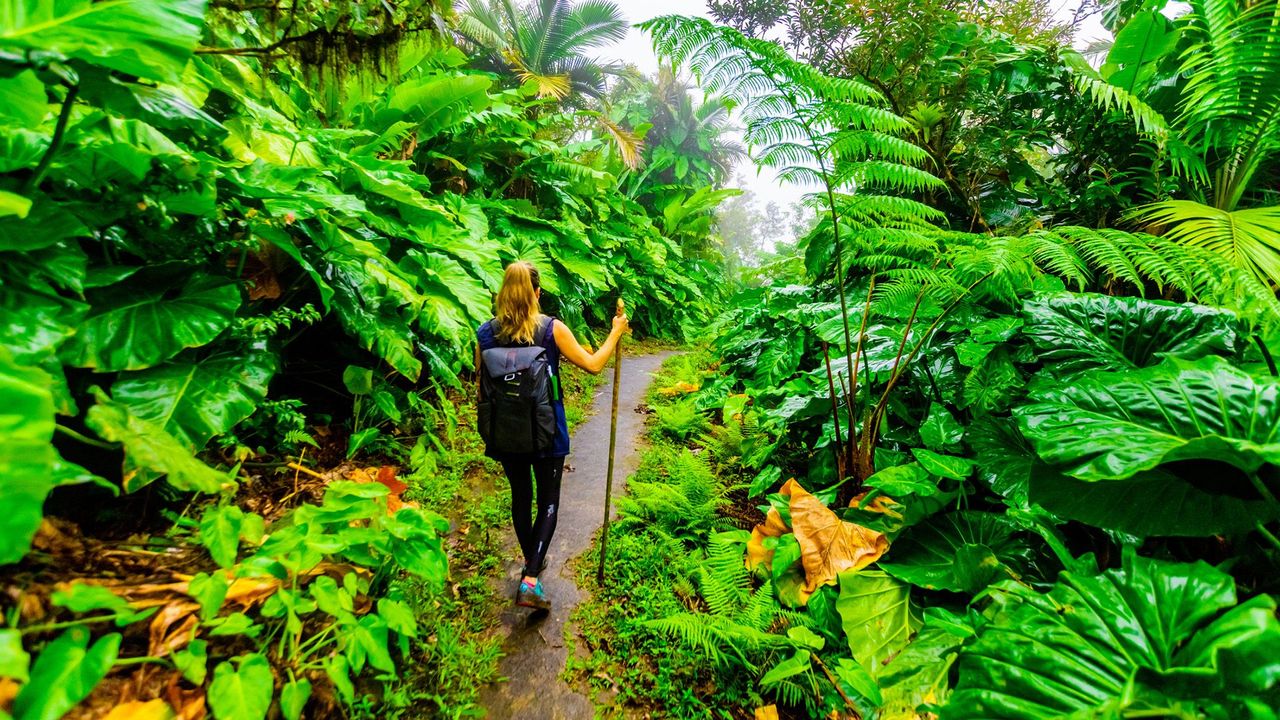
Embrace Sustainable Journeys: Eco-Friendly Travel Destinations to Explore
As the world becomes increasingly aware of the impact of travel on the environment, the demand for sustainable and responsible tourism is growing. Eco-friendly travel destinations offer a unique opportunity to explore the world while minimizing your carbon footprint and supporting local communities. This article will highlight some of the most captivating eco-friendly destinations around the globe, each committed to preserving its natural beauty and promoting responsible tourism practices.
What Makes a Destination Eco-Friendly?
Before we dive into specific destinations, it’s crucial to understand what defines an eco-friendly travel destination. These places prioritize:
- Environmental Conservation: Protecting natural resources, biodiversity, and ecosystems.
- Sustainable Practices: Implementing measures to reduce waste, conserve water and energy, and minimize pollution.
- Community Involvement: Engaging local communities in tourism development and ensuring they benefit from tourism activities.
- Responsible Tourism: Promoting ethical and respectful interactions between travelers and local cultures.
- Education and Awareness: Educating visitors about environmental issues and responsible travel practices.
Eco-Friendly Destinations to Inspire Your Next Adventure:
-
Costa Rica: A Pioneer in Ecotourism
Costa Rica is a shining example of a country that has embraced ecotourism. With over 25% of its land protected as national parks and reserves, Costa Rica boasts an incredible diversity of flora and fauna. Visitors can explore lush rainforests, hike to cascading waterfalls, and observe exotic wildlife, including sloths, monkeys, and toucans.
- Sustainable Practices: Costa Rica is committed to renewable energy, with a significant portion of its electricity generated from hydroelectric, geothermal, and solar sources. Many hotels and lodges have adopted eco-friendly practices, such as using solar power, recycling, and composting.
- Activities: Explore the cloud forests of Monteverde, go whitewater rafting on the Pacuare River, or relax on the pristine beaches of the Osa Peninsula.
-
Norway: Fjords, Glaciers, and Green Cities
Norway is renowned for its breathtaking natural beauty, from majestic fjords and glaciers to towering mountains and pristine lakes. The country is also a leader in sustainable development, with a strong commitment to reducing its environmental impact.
- Sustainable Practices: Norway has invested heavily in renewable energy, electric transportation, and waste management. Many cities, such as Oslo and Bergen, have implemented green initiatives to reduce carbon emissions and promote sustainable living.
- Activities: Cruise through the stunning fjords, hike to the top of Pulpit Rock, or explore the vibrant city of Oslo, known for its green spaces and eco-friendly architecture.
-
Slovenia: Europe’s Green Gem
Slovenia is a hidden gem in Central Europe, offering a diverse landscape of mountains, forests, and coastline. The country has made significant strides in sustainable tourism, promoting eco-friendly practices and preserving its natural heritage.
- Sustainable Practices: Slovenia has a high percentage of protected areas, including Triglav National Park. Many hotels and guesthouses have earned the "Slovenia Green" certification, indicating their commitment to sustainability.
- Activities: Hike in the Julian Alps, explore the charming town of Lake Bled, or visit the Škocjan Caves, a UNESCO World Heritage site.
-
Bhutan: The Land of Gross National Happiness
Bhutan is a unique destination that prioritizes Gross National Happiness over economic growth. The country has a strong commitment to environmental conservation and sustainable tourism.
- Sustainable Practices: Bhutan has a policy of maintaining at least 60% of its land under forest cover. The country also promotes sustainable agriculture and limits the number of tourists to minimize environmental impact.
- Activities: Visit ancient monasteries, hike through pristine forests, or experience the vibrant culture of Bhutanese people.
-
Palau: A Pristine Paradise in Micronesia
Palau is an archipelago in Micronesia, known for its pristine coral reefs, abundant marine life, and stunning rock islands. The country has implemented strict environmental regulations to protect its natural resources.
- Sustainable Practices: Palau has established the world’s first shark sanctuary and has banned sunscreen containing harmful chemicals. The country also promotes sustainable fishing practices and ecotourism.
- Activities: Snorkel or dive in the vibrant coral reefs, kayak through the Rock Islands, or visit Jellyfish Lake, home to millions of non-stinging jellyfish.
-
Kenya: Sustainable Safari Adventures
Kenya offers incredible opportunities for wildlife viewing while supporting local communities and conservation efforts.
- Sustainable Practices: Many safari operators now focus on eco-lodges, community-based tourism, and supporting anti-poaching initiatives.
- Activities: Visit the Maasai Mara, Amboseli National Park, or explore the conservancies that prioritize wildlife protection and community benefits.
-
Galapagos Islands, Ecuador: A Living Laboratory of Evolution
The Galapagos Islands are a unique and fragile ecosystem, and tourism is carefully managed to minimize its impact.
- Sustainable Practices: Strict regulations are in place regarding visitor numbers, permitted activities, and waste management.
- Activities: Take a guided tour to observe the unique wildlife, including giant tortoises, marine iguanas, and blue-footed boobies.
-
Amsterdam, Netherlands: A Green City Break
Amsterdam is a fantastic example of a city embracing sustainable practices.
- Sustainable Practices: The city promotes cycling, public transportation, and green building practices.
- Activities: Explore the canals by electric boat, visit the Vondelpark, or try local, organic food at a sustainable restaurant.
Tips for Eco-Friendly Travel:
- Choose Eco-Friendly Accommodations: Look for hotels and lodges that have implemented sustainable practices, such as using renewable energy, recycling, and composting.
- Support Local Businesses: Eat at local restaurants, buy souvenirs from local artisans, and hire local guides to support the local economy.
- Reduce Your Carbon Footprint: Fly less, take public transportation, and walk or bike whenever possible.
- Conserve Water and Energy: Take shorter showers, turn off lights and appliances when not in use, and reuse towels.
- Pack Light: Lighter luggage reduces fuel consumption on flights.
- Respect Local Culture: Learn about local customs and traditions and be respectful of local people and their way of life.
- Leave No Trace: Pack out all your trash, stay on marked trails, and avoid disturbing wildlife.
The Future of Eco-Friendly Travel:
Eco-friendly travel is not just a trend, it’s a necessity. As more travelers become aware of the impact of their choices, the demand for sustainable tourism will continue to grow. By choosing eco-friendly destinations and adopting responsible travel practices, we can help protect the environment, support local communities, and ensure that future generations can enjoy the beauty of our planet.
By prioritizing sustainability and responsible tourism, we can explore the world while making a positive impact on the environment and the communities we visit. These eco-friendly destinations offer a unique opportunity to connect with nature, learn about different cultures, and create unforgettable memories. So, pack your bags, embrace sustainable journeys, and discover the wonders of our planet in a responsible and meaningful way.


